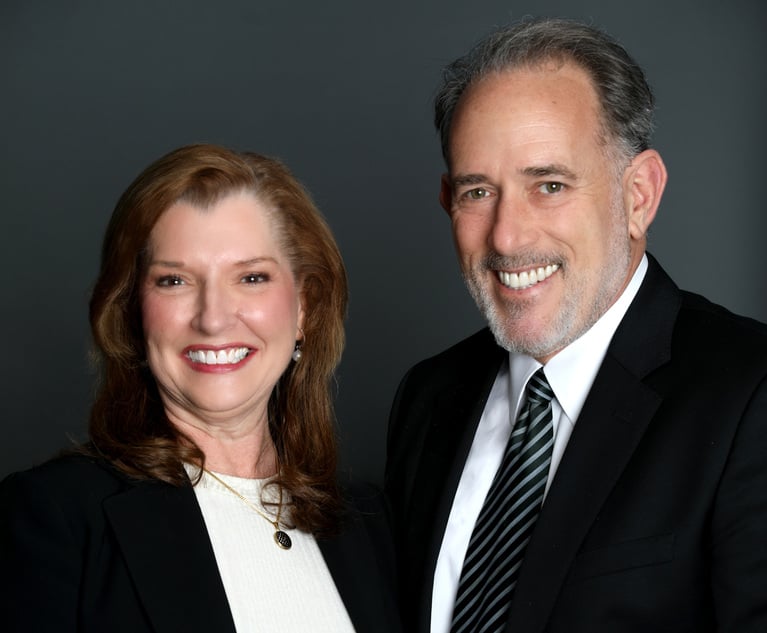Editor’s Note: This story is adapted from ALM’s Mid-Market Report. For more business of law coverage exclusively geared toward midsize firms, sign up for a free trial subscription to ALM’s weekly newsletter, The Mid-Market Report.
Firms of all size have found themselves scrambling as the novel coronavirus pandemic throws a wrench into both carefully crafted talent strategies and more informal processes.

 Credit: defmorph/Shutterstock.com
Credit: defmorph/Shutterstock.com







